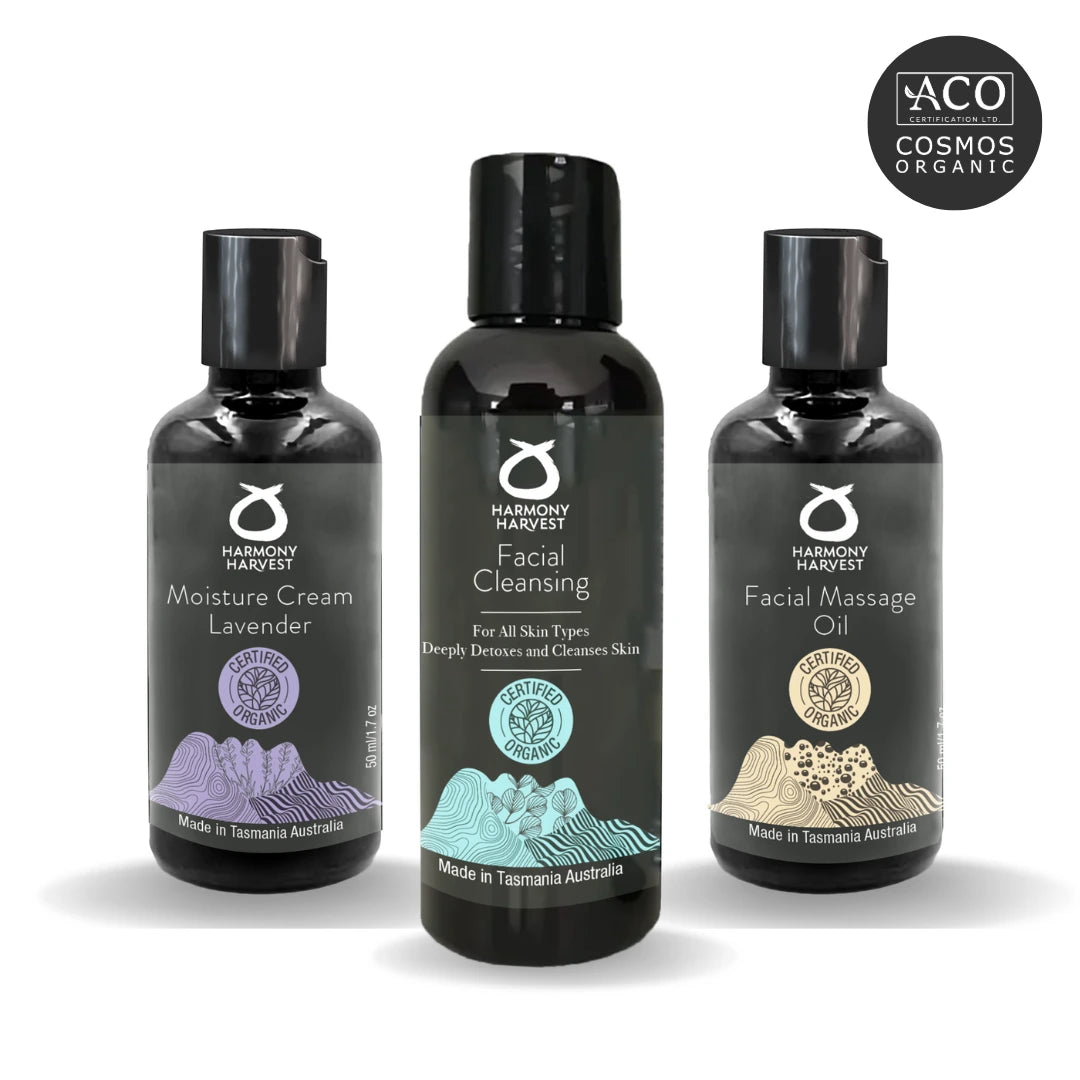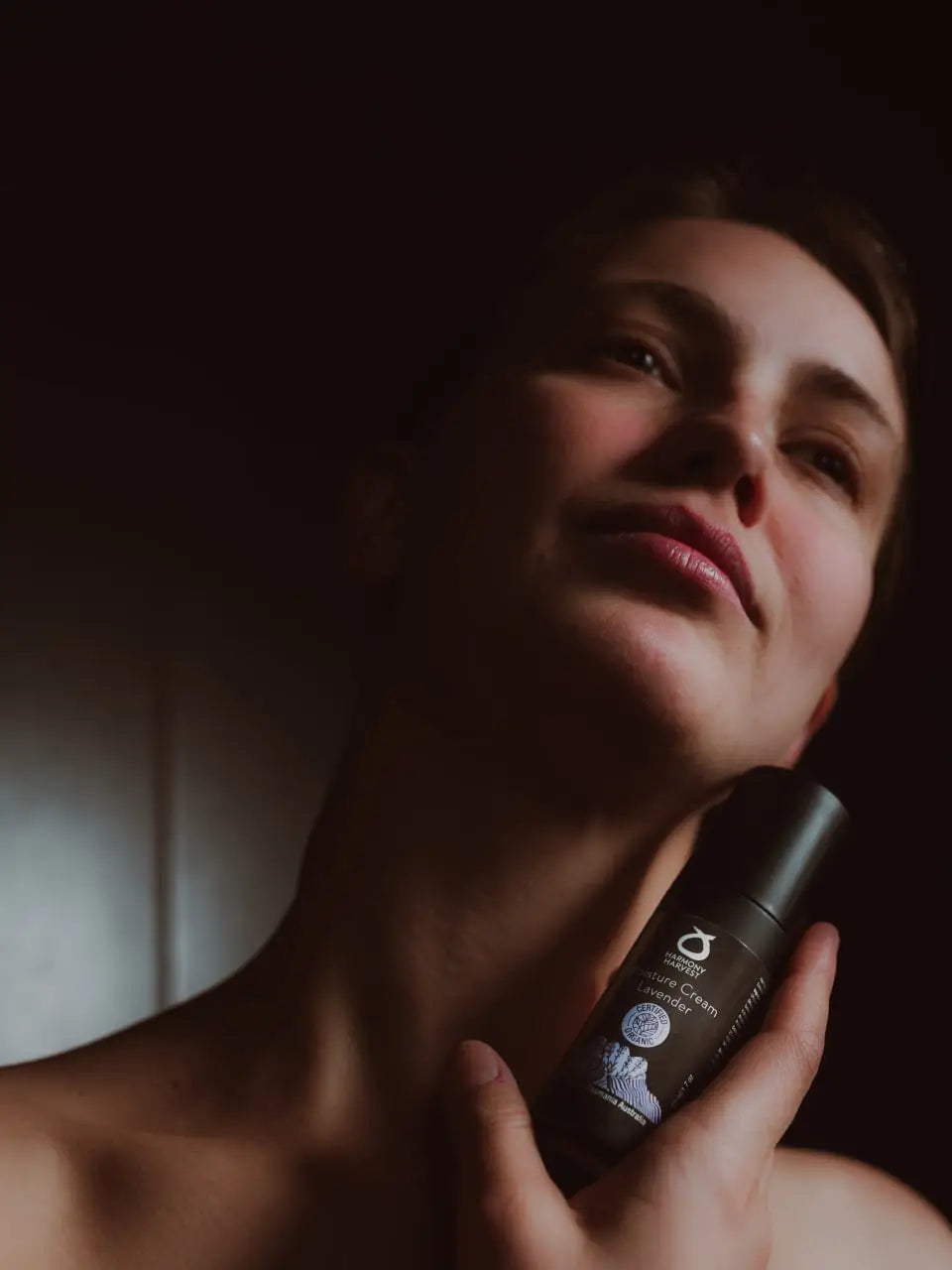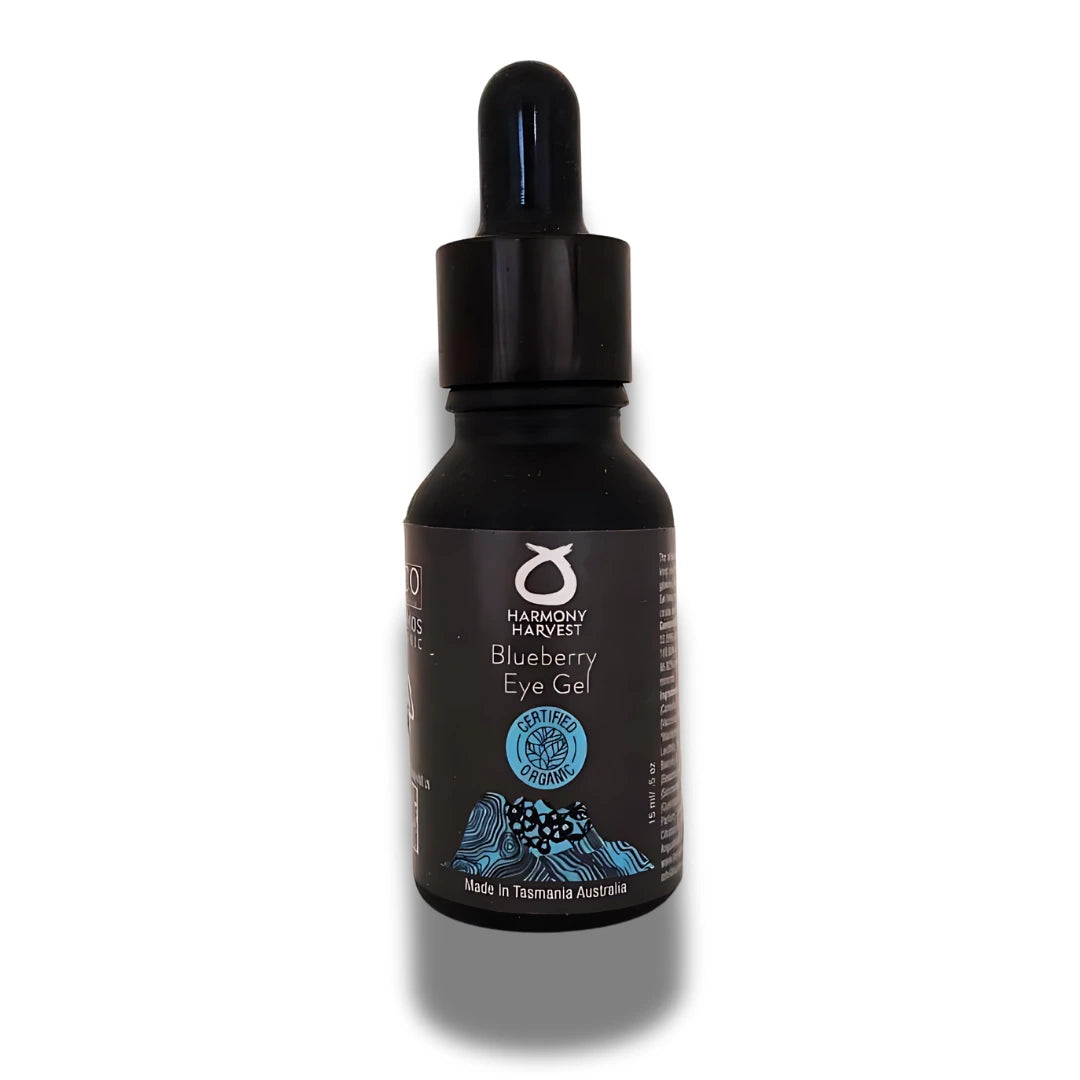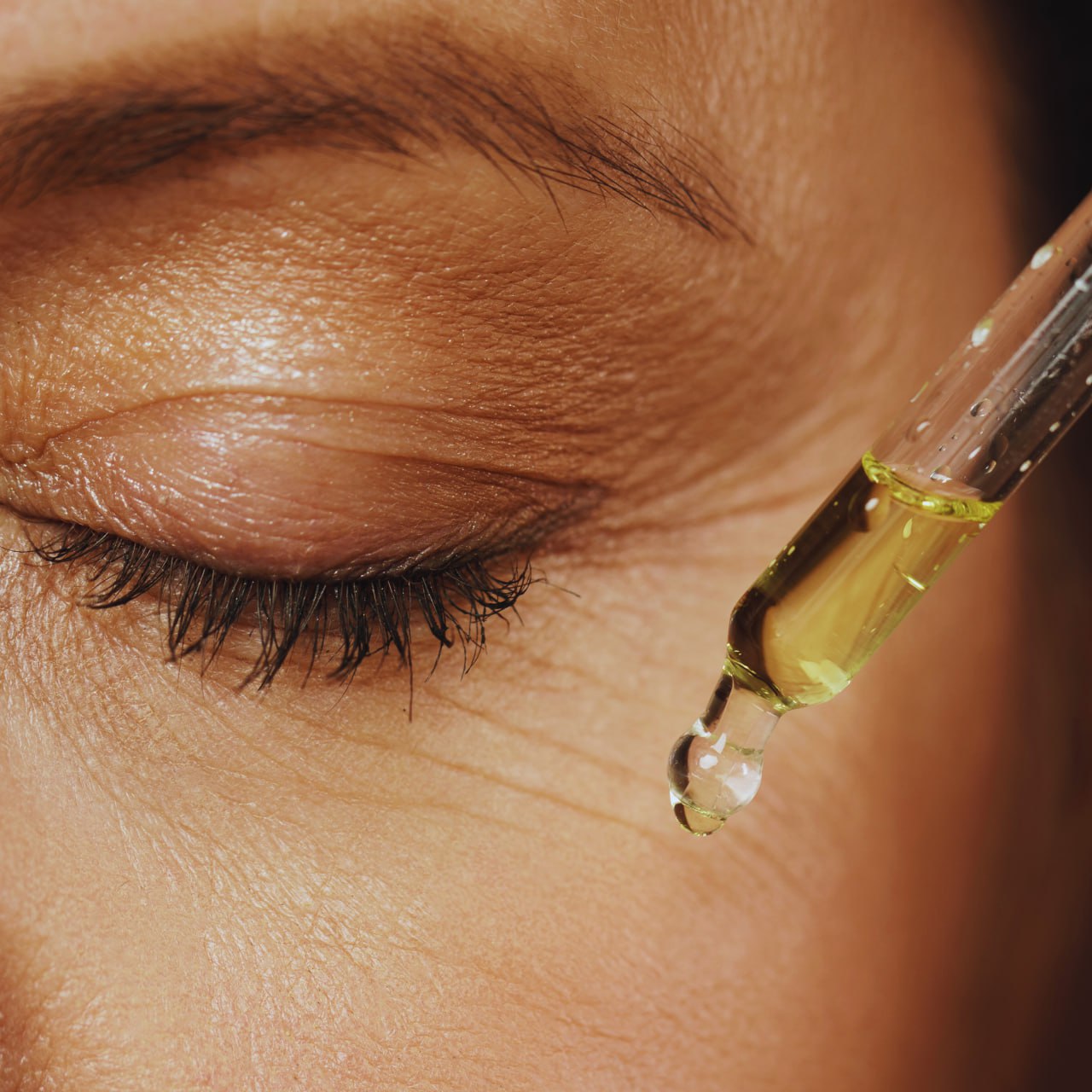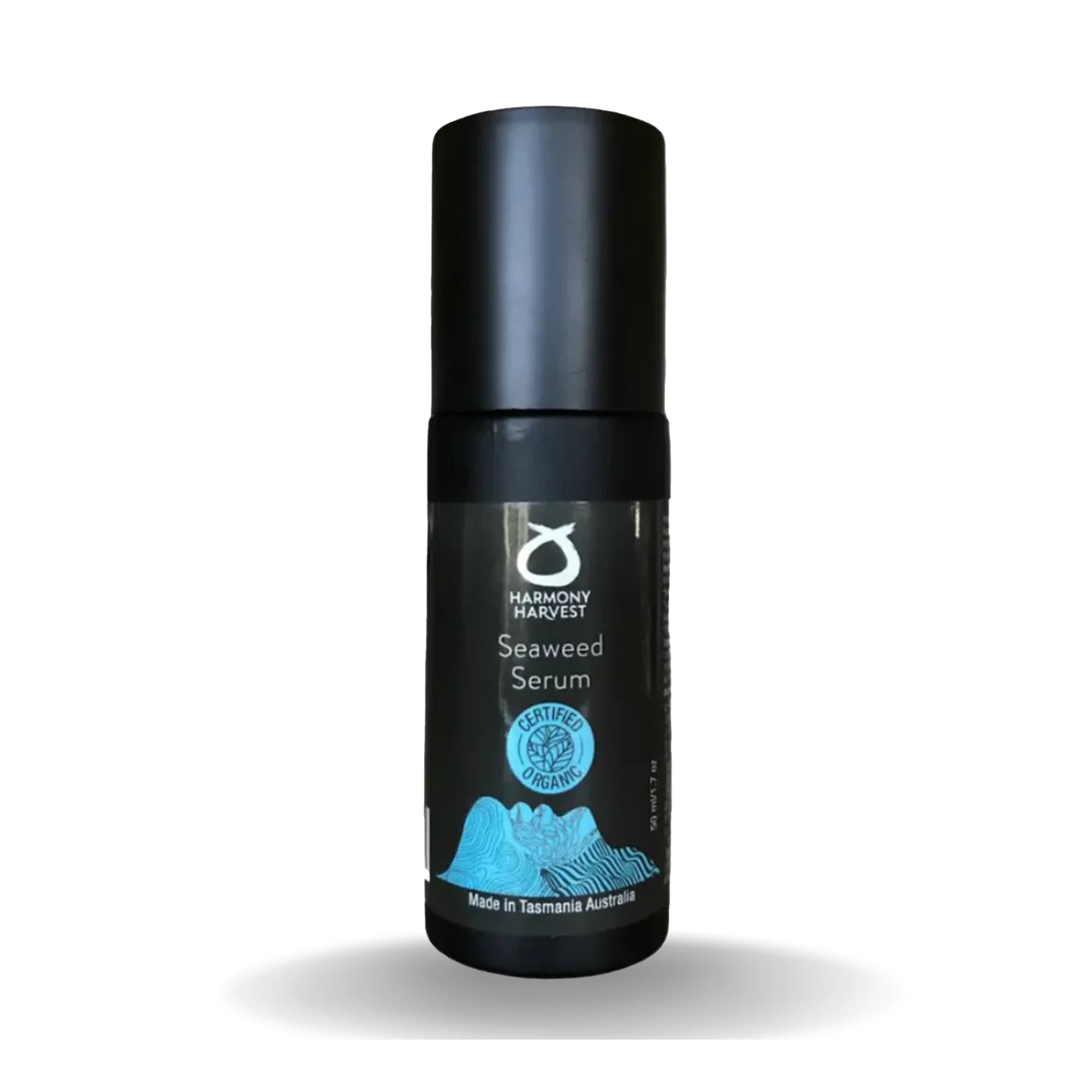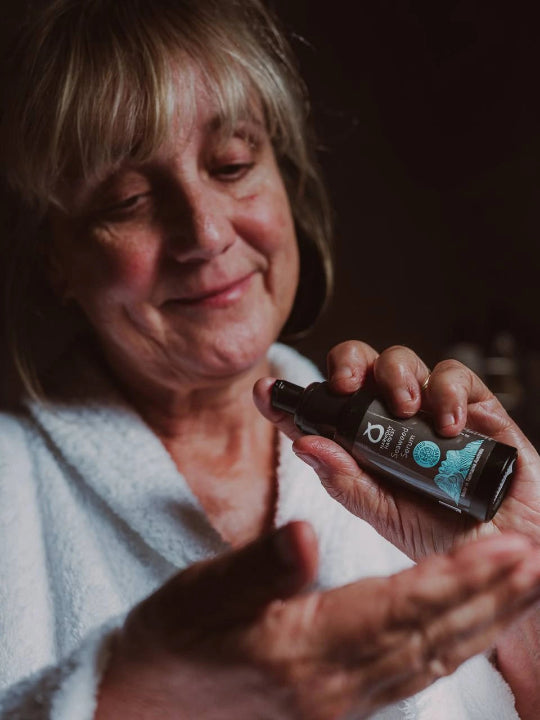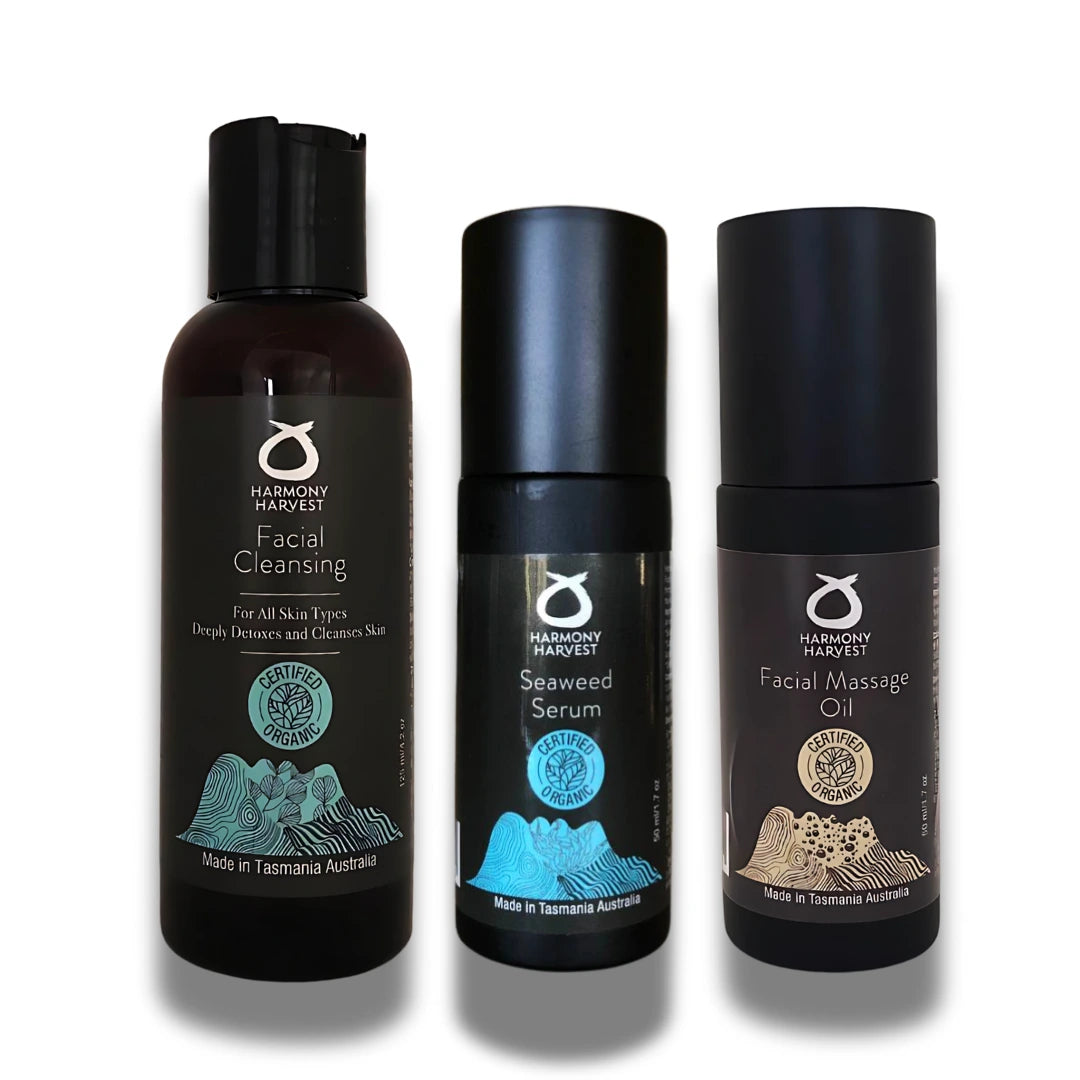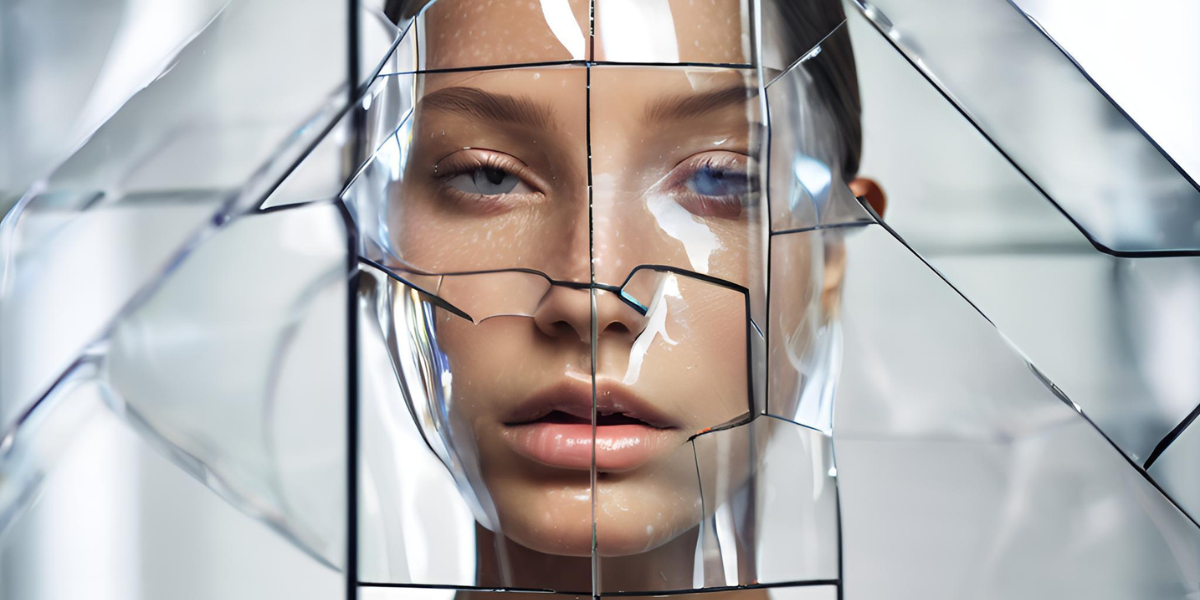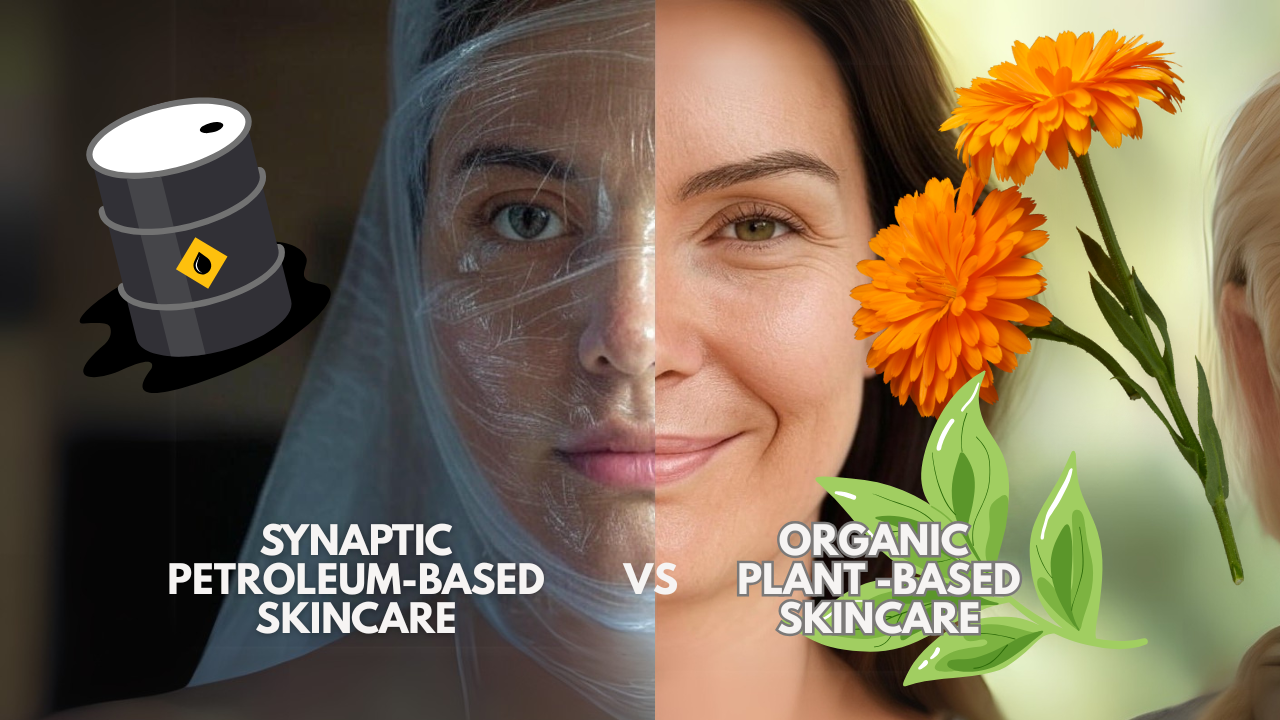
Synaptic Petroleum-Based Skincare vs. Organic Plant-Based Skincare: What’s Your Skin Absorbing?
Every day, millions of people unknowingly coat their skin — the body’s largest organ — with petroleum-derived chemicals. Glossy creams, smooth serums, and long-lasting lotions often mask their synthetic origins with luxurious packaging and flowery marketing language.
But beneath the surface, a growing body of research points to an unsettling reality: synaptic petroleum-based skin care may be sabotaging your skin’s health, vitality, and natural aging process.
If you care about clean beauty, skin longevity, and environmental impact, it’s time to take a closer look at what’s inside your skincare products — and why organic, vegan skincare made in Australia offers a far better alternative.
What is Synaptic Petroleum-Based Skincare?
Petroleum-based ingredients in skincare and hair care are derived from crude oil or natural gas through refining processes. They’re widely used in cosmetics for their affordability, stability, and ability to act as emollients, occlusives, or solvents. Below is an overview of common petroleum-derived ingredients, their uses, and potential concerns:
Common Petroleum-Based Ingredients
Petrolatum (Petroleum Jelly): Found in products like Vaseline, it’s an occlusive that forms a barrier to lock in moisture. Used in lip balms, moisturizers, and healing ointments.
Mineral Oil: A colorless, odorless humectant that attracts and binds moisture, used in creams, lotions, and baby oils.
Paraffin Wax/Paraffin Oil: Used in moisturizers and hair products for its occlusive properties and to add texture.
Polyethylene Glycols (PEGs): Emulsifiers or thickeners in creams, shampoos, and conditioners, often listed as PEG-40 or PEG-60.
Sodium Lauryl Sulfate (SLS)/Sodium Laureth Sulfate (SLES): Surfactants in shampoos and cleansers that create foam but may irritate skin.
Isopropyl Alcohol: A solvent in cleansers and toners, often drying and irritating to sensitive skin.
Benzene/Toluene: Found In nail polishes and hair dyes, these are volatile solvents linked to toxicity.
Parabens (Methylparaben, Propylparaben, etc.): Petroleum-derived preservatives that may act as endocrine disruptors.
Synthetic Fragrances/Parfum: Up to 95% of fragrance chemicals can be petroleum-derived, often acting as endocrine disruptors.
Ethylene-Derived Ingredients: Ingredients with “ethyl” or “eth” (e.g., polyethylene, ceteareth, laureth) are often petrochemicals used as emulsifiers or solvents.
Uses in Skincare and Hair Care
Moisturizing: Petrolatum and mineral oil seal in moisture, preventing transepidermal water loss, making them effective for dry skin or lips.
Texture and Stability: PEGs and paraffin improve product spreadability and shelf life.
Cleansing: SLS/SLES and isopropyl alcohol remove oils and dirt in shampoos and cleansers.
Barrier Protection: Petrolatum soothes and protects skin, often used in post-surgical care or for chapped skin.
Hair Care: Mineral oil and paraffin add shine and smoothness to hair, while SLS/SLES cleanses the scalp.
Potential Concerns
Health Risks:
Carcinogens: Improperly refined petrolatum may contain polycyclic aromatic hydrocarbons
(PAHs), classified as probable carcinogens. The EU restricts its use unless refining history confirms safety, unlike the less-regulated U.S. 1,4-Dioxane: A byproduct in ingredients like PEGs and SLS, it’s a potential carcinogen, kidney toxin, and neurotoxin. The EWG found 22% of personal care products contain unsafe levels.
Endocrine Disruption: Parabens and synthetic fragrances may mimic estrogen, potentially causing hormonal imbalances.
Skin Irritation: SLS, SLES, and isopropyl alcohol can dry out or irritate sensitive skin, especially if not rinsed off.
Environmental Impact:
Petroleum is a non-renewable resource, and its extraction and refining contribute to climate change. Ingredients like 1,4-dioxane are groundwater contaminants. The beauty industry’s reliance on petrochemicals supports the fossil fuel industry, with oil companies profiting from byproducts.
Skin Health:
Pore Clogging: Petrolatum and mineral oil can trap dirt and impurities, potentially causing acne or blackheads, especially if not cleansed properly.
Lack of Nourishment: These ingredients provide no nutritional benefits to the skin, unlike plant-based alternatives rich in vitamins and antioxidants.
Identifying Petroleum-Based Ingredients
Petroleum-derived ingredients are often listed in Latin or under complex names, making them hard to spot. Look for:
Words with “ethyl,” “eth,” or “butyl” (e.g., polyethylene, ceteareth, butylparaben).
“Laureth” or “lauryl” (e.g., sodium lauryl sulfate).
“Parfum,” “mineral oil,” “petrolatum,” or “paraffin.” Tools like the EWG’s Skin Deep database or the Yuka app can help decode labels.
Alternatives
Petroleum-free products use plant-based ingredients like:
Beeswax or sunflower seed wax for occlusive barriers.
Shea butter, coconut oil, or jojoba oil for moisturizing and nourishment.
Citric acid or rosemary extract as natural preservatives. Brands like Love Sun Body, Sky Organics, and Ranger Balm offer certified natural or bio-based products.
Are They Safe?
Highly refined petroleum and mineral oil are considered safe by the FDA and non-comedogenic when pure, with no significant PAH contamination. Some argue they’re effective, like Vaseline for wound care or dry skin. However, concerns about long-term exposure, environmental impact, and lack of skin nourishment drive demand for natural alternatives. The EU’s stricter regulations (banning ~1,300 ingredients vs. the FDA’s 11) highlight regulatory gaps in the U.S.
Petroleum-based ingredients are pervasive in skincare and hair care due to their cost-effectiveness and functionality, but they pose potential health risks (e.g., carcinogens, endocrine disruption) and environmental concerns. While refined versions are deemed safe by some standards, their lack of nutritional value and sustainability issues make plant-based alternatives appealing. Check labels, use apps like EWG’s Skin Deep, and opt for natural products if you’re concerned.
A Smarter Path to Skin Wellness
Given the overwhelming evidence against petroleum-based skincare, it’s clear that what your skin truly craves is nourishment that works with your body, not against it.
Choosing organic, plant-based skincare isn’t just about avoiding harm — it’s about embracing a new standard of authentic, lasting beauty.
Your skin deserves more than synthetic barriers and temporary fixes. It deserves real nutrients, real hydration, and real transformation.
Start Your Transformation with the 30-Day Skin Detox Set
Ready to experience the true potential of your skin?
Our 30-Day Skin Detox Set was designed for conscious consumers ready to move beyond chemical dependency and toward radiant, sustainable beauty.
This luxurious trio includes:
🌿 Gentle Cleanser: A soft, sulfate-free formula that removes impurities while preserving your natural oils.
🌿 Nourishing Massage Oil: Enriched with antioxidant botanicals to stimulate microcirculation and promote skin healing.
🌿 Deeply Hydrating Moisturizer: A rich blend of organic plant oils and extracts that replenish and protect your skin’s moisture barrier.
Formulated with Certified Organic and Vegan Ingredients, every product is free from petroleum, parabens, phthalates, synthetic fragrances, and cruelty.
If you're serious about achieving visible skin renewal — safely and sustainably — this is your ultimate starting point.
BONUS: Unlock Professional Beauty Therapy Training — FREE!
Inside your Detox Set, you'll find a special QR code.
Scan it to access exclusive professional spa facial training, guiding you through expert techniques to create an indulgent, effective at-home spa ritual.
Your self-care routine will never be the same.
🌱 Real Ingredients. Real Results. Real Beauty.
It’s time to detox not just your skin — but your entire beauty philosophy.
Best Sellers


